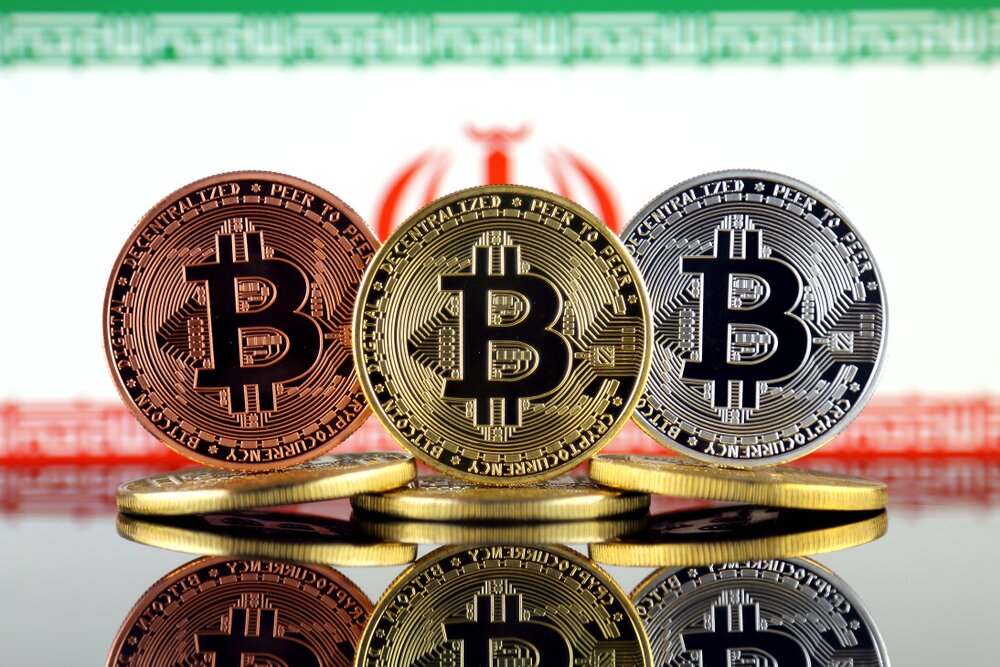Govt. introduces new rules to regulate cryptocurrency market

TEHRAN - Iranian government has introduced new rules for regulation of cryptocurrency market as more people enter the market to access international currencies in the sanctions era.
As reported by Press TV, according to a new bill approved by the cabinet and published on Sunday, any trade activity involving cryprocurrencies inside the country is illegal.
According to this bill, the government and the banking system would not recognize cryptocurrencies as legal coins and the Central Bank of Iran would not guarantee their value.
However, the bill said mining digital currencies would be allowed inside Iran under certain conditions, including if miners obtain the approval of Iran’s industry ministry, do not mine the currencies inside a 30-kilometer boundary of all provincial centers except for the capital Tehran and the central city of Isfahan where tougher restrictions apply.
It said the miners should also observe rules set by Iran’s standardization and communications authorities for mining machines, adding that certain fees will be applied for the energy used for mining the currencies.
As for the energy prices, the bill said authorized mining farms should be charged for the electricity, or the natural gas used to generate electricity, based on prices applied for the electricity exports.
It said mining farms would be taxed like industrial manufacturing units unless the owners return the money earned from the export of their digital currencies back to Iran’s economic cycle.
The bill said Iran’s ministry of industry shall be free to devolve its powers to authorities in special economic zones if foreigners want to set up mining farms in those areas.
The new rules come more than a month after reports suggested that mining farms were mushrooming across Iran in places where subsidized electricity was on offer.
Authorities had hinted in the midst of a crackdown on those farms that they would recognize cryptocurrency mining as it could ease government's access to sources of foreign currency at a time of U.S. sanctions.
EF/MA
